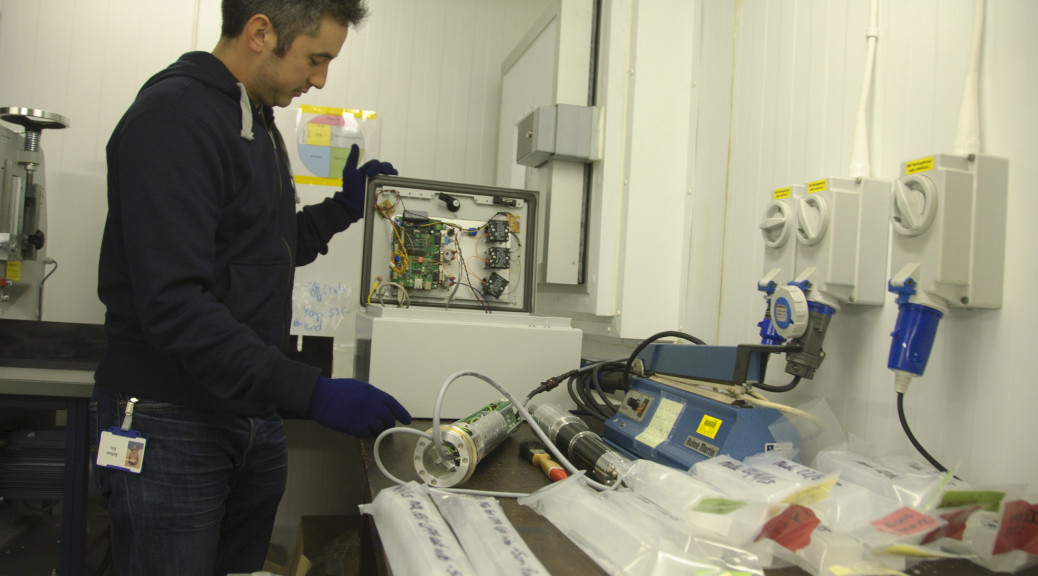Online conferences can be easier than in-person conferences to integrate into a busy schedule, but they still require some advance planning and thoughtful behavior throughout. If you’re attending the ACS Fall 2020 Virtual Conference & Expo or any professional meeting online for the first time, we’ve got advice to help you be a good virtual citizen and boost your chemistry career.
Continue reading Getting Value out of Virtual ConferencesTag Archives: Careers
Unlocked: How to Push Past a Career Barrier
Brendan Borrell was feeling low about his career. He had been freelancing for several years and no longer worried about paying the rent. But he wanted more adventure in his work. He wanted to tag along with environmental scientists and advocates at their labs and in the field, tracing the ups and downs of their work. He wanted to apply for ambitious fellowships that would support far-flung reporting. But the deadlines slipped by. He was letting routine assignments crowd out the sort of big stories that had years earlier prompted him to trade field biology for journalism. He was always collecting “string” for future stories. But “it’s easy to collect and collect and collect and never have a chance to step back,” he says.
As the next big fellowship deadline loomed, Borrell drove to a rented cabin in Vermont, toting his mountain bike, laptop, and a few of his leading story ideas. He stayed for a month, telling himself, “I’m gonna write this proposal this year no matter what.” For that month, he went mostly offline. The change in scenery and schedule helped him review old ideas and synthesize them in new ways. Either the mountain biking or the deep thinking paid off: his proposal won him an Alicia Patterson Fellowship and a reporting trip to Uganda.
Continue reading Unlocked: How to Push Past a Career Barrier
The Ice Stuff
There is no visible horizon in the waters beneath the Ross Ice Shelf. So electrical engineer Jim O’Sullivan built an artificial one for the pilot of the submersible remotely operated vehicle (ROV) that he and a team of scientists were testing there in 2008. The team didn’t lack for data: The ROV’s orientation, speed, and depth were numerically displayed on the pilot’s screen. But it is difficult to convert numbers into spatial awareness. The ROV was at risk of crashing into the delicate creatures, such as sea spiders, that it was supposed to be observing.
Fortunately, O’Sullivan had come across a similar problem in a different setting: aviation. As a pilot, he had an instrument rating, “which was useful for understanding how to navigate without being able to see,” he recalls. When flying blind, pilots use half a dozen different instruments to maintain their situational awareness, including an artificial horizon. O’Sullivan found open-source software that could convert the ROV’s telemetry data to display an artificial, underwater horizon. This example of engineering on (and under) “the Ice,”—as Antarctica is known—demonstrates the need for ingenuity and improvisation beyond anything training can provide. Continue reading The Ice Stuff
Lab Management Courses: Becoming a Trainer
Hilde Janssens currently works as a lab manager in the laboratory of a junior principal investigator (PI) at the Centre for Genomic Regulation in Barcelona, Spain—except when she’s teaching other scientists how to manage their own laboratories. In 2009, Janssens participated in her first lab management course, offered by her institution through the Heidelberg, Germany-based training and coaching company hfp consulting. A year later, the company recruited her as a part-time instructor. Continue reading Lab Management Courses: Becoming a Trainer
